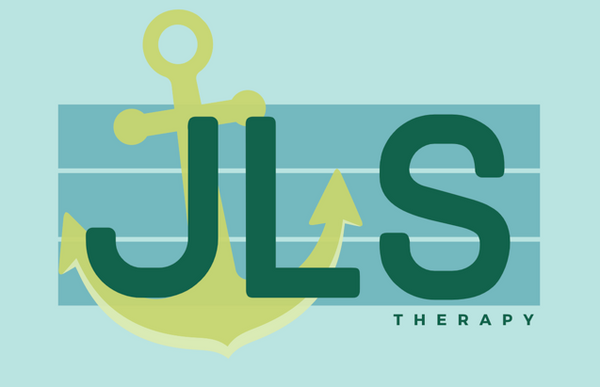
Why Autistic Brains Hold Onto More (and How That Affects How We Process the World)
Ever have one of those days where it feels like your brain is just too full? Like you're carrying way more than anyone else around you? For neurodivergent folks, especially those of us who are autistic, this isn't just a random feeling — it's science. And it can actually be seen in brain scans. So what’s really going on in there? Let’s break it down.
It’s Like a Filing Cabinet… But Way, Way Thicker
Imagine you and a neurotypical friend take the same course. You’re sitting in the same room, taking in the same information, but when you go to review the material, you open your respective filing cabinets. You’ll notice something right away — your file is much thicker than your friend’s.
Your friend’s file is just the basics: the lecture notes, the key points, the summary. But your file? It’s packed with everything: every sensory detail, every side thought, every tiny emotion, every sound that caught your attention. You’ve not just absorbed the content, you’ve also absorbed everything around it — and that’s what makes the file so much thicker.
This isn’t a flaw. It’s just how your brain processes. On one hand, you've got a wealth of information — you see and feel more, you process more. But on the other hand, it’s a bit of a challenge to find the information you need when it’s buried under all that extra detail. So when you’re struggling to find the right words or ideas, it’s not because your brain isn’t working. It’s just that there’s a lot more to sift through to get to the right file.
Or Think of Your Brain Like a (Super-Slow) Computer
Here’s another analogy I like to use: think of your brain like a computer. We’ve all experienced the frustration of a phone or laptop that’s running too many apps at once — eventually, the processor slows down, and everything takes way longer than it should.
That’s kind of what happens in the autistic brain. Our brains are constantly running multiple programs (whether it's processing sensory information, thoughts, emotions, or the external world) all at once. And when you’re carrying that much info, the processor can get bogged down, and it can feel like your brain is sluggish. But that doesn’t mean there’s anything wrong with it. It’s just doing more.
But What Does This Mean for You?
So, why does this matter? Here’s the thing: when you feel like your brain is holding onto everything and slowing down, it’s not that you’re broken or defective. It’s that your brain is processing more deeply. It’s like your brain is running a complex operating system that’s taking in everything around you, and that can be exhausting.
But instead of seeing this as a burden, let’s reframe it. Having that extra information (the thick file, the overloaded processor) means you notice things others might miss. You’re tuned into details that are easily overlooked. That’s a powerful gift. But it also means that sometimes, you need to be gentle with yourself when your brain feels overwhelmed.
Need a Wee Video to Tell This Tale?
To help break this down, check out this TikTok from @speechdude, where he explains the neurodivergent brain’s processing in a quick and digestible way. It’s fun, bite-sized, and totally on point with this topic. Watch it here.
It’s a great intro to the idea that our brains work differently — and we’re not alone in that experience.
Want More Depth?
If you’re ready to go a little deeper, here’s an article that dives into the science of how the brain’s synaptic growth impacts autistic individuals and how that relates to abilities like synesthesia and savant skills. It’s a fascinating look at how our brains are wired in a way that’s unique, complex, and, at times, misunderstood. Check it out here.
When You Feel Overloaded
So, the next time you’re feeling overwhelmed or sluggish, remember: your brain is holding on to a lot more than others — and that’s a powerful thing. It means you process deeply, and while that comes with some challenges, it also comes with a deep well of insight and understanding.
But also? It’s okay to slow down. You don’t have to process it all at once, and you don’t need to have it all figured out right away. Your brain is doing its best, and you deserve some compassion as you work through everything it’s holding.
